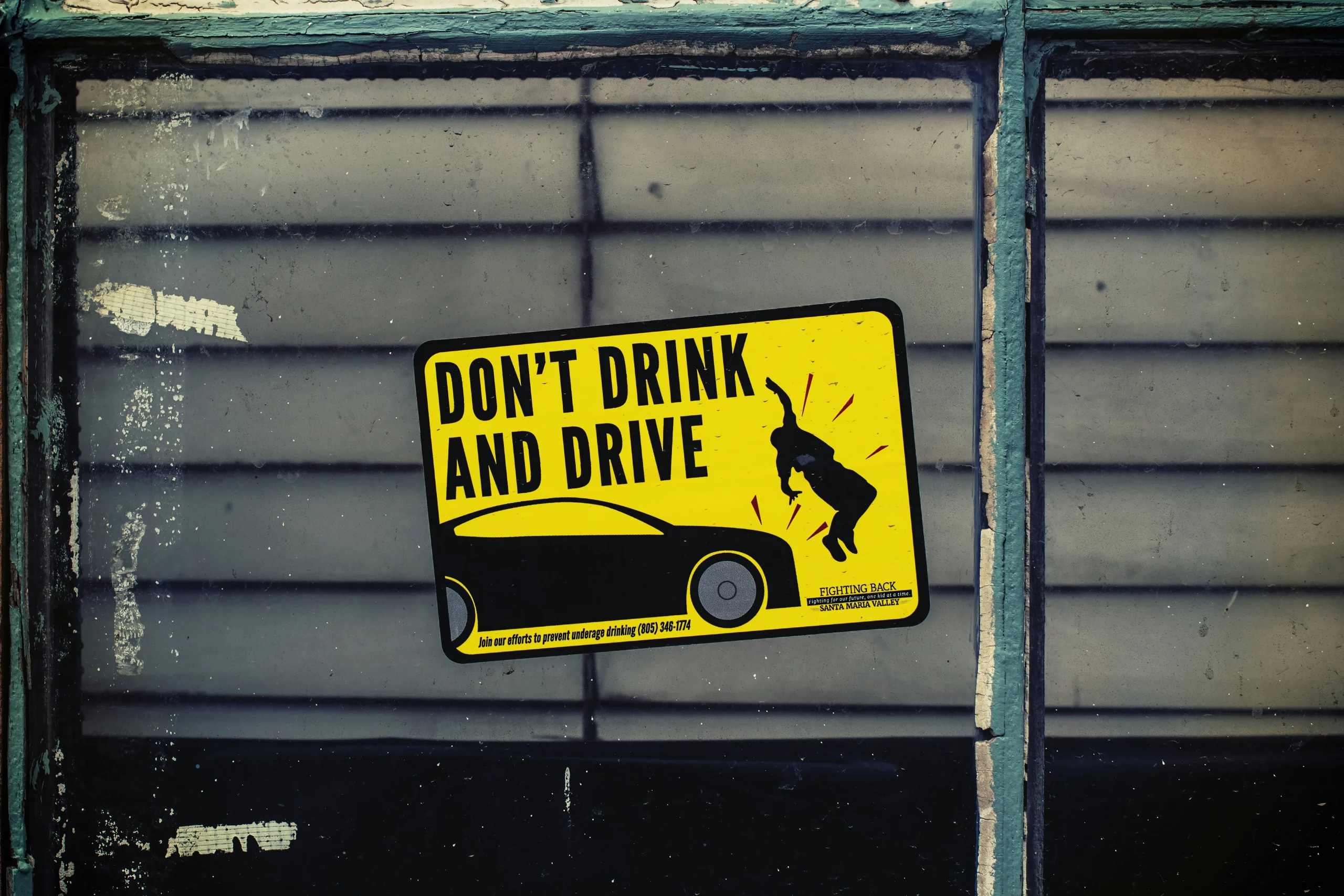Why You Need This Guide
Imagine this: It’s late at night, and you’re driving home after a long day. Suddenly, flashing red and blue lights appear in your rearview mirror. Your heart sinks as the officer approaches your window and asks you to step out of the car. Before you know it, you’re facing a DUI (Driving Under the Influence) or DWI (Driving While Intoxicated) charge.
Now what? Panic sets in. You’re overwhelmed with questions. Will you lose your license? Could you face jail time? How will this affect your job, your family, your future? This is where a DUI lawyer comes in—a legal expert who specializes in defending individuals accused of drunk driving offenses. Whether you’re guilty or wrongfully charged, having a DUI lawyer on your side can make all the difference in navigating the complex legal system and securing the best possible outcome for your case.
Understanding DUI and DWI Charges
What Are DUI and DWI?
Before we dive into defense strategies, let’s clarify what DUI and DWI mean. These acronyms refer to laws that prohibit operating a vehicle while under the influence of alcohol or drugs. While the terms are often used interchangeably, there are subtle differences depending on the state:
- DUI (Driving Under the Influence): Generally refers to driving with a blood alcohol concentration (BAC) above the legal limit (usually 0.08% in most states).
- DWI (Driving While Intoxicated): Sometimes used to describe more severe cases, such as driving with a higher BAC or showing signs of significant impairment.
Regardless of the label, both charges carry serious consequences, including fines, license suspension, mandatory alcohol education programs, and even jail time.
The Legal Implications of a DUI/DWI Charge
A DUI or DWI conviction isn’t just a slap on the wrist—it can have far-reaching effects on your life. Here’s what you might be up against:
- Criminal Record: A DUI stays on your record for years, impacting your ability to get a job, rent an apartment, or qualify for loans.
- Financial Burden: Court fees, fines, increased insurance premiums, and potential legal costs can add up quickly.
- Personal Consequences: Losing your license can disrupt your daily routine, making it hard to commute to work or take care of family responsibilities.
Why You Need a DUI Lawyer
You might think, “Can’t I just handle this on my own?” While it’s technically possible, representing yourself in a DUI case is like trying to fix a broken engine without being a mechanic. A DUI lawyer brings expertise, resources, and experience to the table, ensuring no stone is left unturned in your defense.
Consider Sarah’s story: She was pulled over for speeding and failed a breathalyzer test. Thinking she had no choice but to plead guilty, she accepted the prosecutor’s initial offer—only to discover later that her license would be suspended for a year. Desperate, she hired a DUI lawyer, who uncovered errors in the police report and challenged the validity of the breathalyzer results. With their help, Sarah’s suspension was reduced to three months, and she avoided additional penalties.
Stories like Sarah’s highlight the importance of having a DUI lawyer by your side. They don’t just fight for your freedom—they protect your future.
Common DUI and DWI Defense Strategies
When it comes to defending a DUI or DWI charge, there’s no one-size-fits-all solution. A skilled DUI lawyer tailors their approach based on the specifics of your case. Below are some of the most common—and effective—defense strategies they might use:
1. Challenging the Traffic Stop
For a DUI arrest to hold up in court, the initial traffic stop must be lawful. If the officer didn’t have reasonable suspicion or probable cause to pull you over, your entire case could be dismissed.
- Example: John was stopped because his car had a broken taillight. However, dashboard camera footage showed the light was actually working. His DUI lawyer argued that the stop was unjustified, leading to the dismissal of all charges.
2. Questioning Field Sobriety Tests
Field sobriety tests, such as walking in a straight line or standing on one leg, are notoriously subjective. Factors like weather conditions, uneven surfaces, or medical conditions can affect performance.
- Tip: If you have a condition like vertigo or arthritis, tell your DUI lawyer immediately—they can use this information to challenge the test results.
3. Contesting Breathalyzer Results
Breathalyzers aren’t infallible. Calibration errors, improper administration, or interference from substances like mouthwash can skew readings.
- Real-Life Example: Maria’s breathalyzer reading came back at 0.09%, slightly above the legal limit. Her DUI lawyer subpoenaed maintenance records and discovered the device hadn’t been calibrated in months. The evidence was thrown out, weakening the prosecution’s case.
4. Arguing Rising Blood Alcohol Levels
Alcohol takes time to absorb into your bloodstream. If you were tested shortly after drinking, your BAC may have risen between the time of the stop and the test.
- How It Works: Your DUI lawyer can argue that you weren’t over the legal limit when you were driving, even if the test showed otherwise.
5. Highlighting Inadequate Miranda Warnings
If the arresting officer failed to read your Miranda rights, any statements you made during questioning could be deemed inadmissible in court.
6. Disputing Blood Test Procedures
Blood tests require strict adherence to protocols. Mishandling samples or failing to properly document the chain of custody can render the results unreliable.
7. Proving No Actual Impairment
Just because your BAC was above the legal limit doesn’t mean you were impaired. A DUI lawyer can present evidence showing you were driving safely despite consuming alcohol.
8. Negotiating Plea Bargains
In some cases, pleading guilty to a lesser offense (like reckless driving) can minimize penalties. A DUI lawyer excels at negotiating favorable deals with prosecutors.
The Role of a DUI Lawyer in Your Case
Investigating the Details
One of the first things a DUI lawyer does is gather all available evidence related to your case. This includes:
- Police reports and dashcam footage.
- Witness statements.
- Calibration records for breathalyzers or blood testing equipment.
- Medical records if a health condition contributed to your behavior or test results.
Why is this important? Because proving innocence—or at least casting doubt on the prosecution’s case—requires meticulous attention to detail.
Building a Strong Defense
Once they’ve collected the facts, your DUI lawyer develops a tailored strategy. For example:
- If the traffic stop was unlawful, they’ll file a motion to suppress evidence obtained during the stop.
- If field sobriety tests were administered improperly, they’ll question the reliability of those results.
Representing You in Court
Even if you hope to settle out of court, preparing for trial is essential. Your DUI lawyer drafts motions, gathers expert testimony, and anticipates the prosecution’s arguments to ensure you’re ready for anything.
Real-Life Success Stories: Clients Who Beat the Odds
Let’s look at two inspiring examples of how a DUI lawyer turned challenging situations into victories:
Case Study #1: Mark’s Second Chance
Mark was arrested for a second DUI offense, which carried harsher penalties than his first. Facing mandatory jail time, he hired a DUI lawyer who uncovered inconsistencies in the arresting officer’s report. By presenting a compelling argument, the lawyer convinced the judge to reduce the charge to a first offense, sparing Mark from incarceration.
Case Study #2: Emily’s Fight for Justice
Emily was charged with a DUI after a minor fender bender. Her breathalyzer reading came back at 0.08%, the exact legal limit. Her DUI lawyer argued that margin of error in the device could have pushed her reading over the threshold. Combined with evidence of safe driving prior to the accident, the charges were ultimately dropped.
These stories demonstrate the power of having a dedicated advocate on your side.
Mistakes to Avoid After a DUI Arrest
Even well-meaning individuals can make costly mistakes after a DUI arrest. Here are some pitfalls to avoid—and how a DUI lawyer can help steer you clear of them:
1. Talking Too Much
Admitting fault or providing unnecessary details can hurt your case. A DUI lawyer advises you on what to say (and what not to say) to law enforcement.
2. Refusing a Chemical Test
While refusing a breathalyzer or blood test might seem like a good idea, it often leads to automatic penalties, such as license suspension. Your lawyer can explain the pros and cons of compliance.
3. Pleading Guilty Without Consulting a Lawyer
Accepting the first plea offer can cost you dearly. A DUI lawyer evaluates whether the deal is fair and negotiates for better terms if needed.
4. Ignoring Deadlines
Failing to meet deadlines for filing motions or requesting hearings can jeopardize your case. A lawyer keeps track of timelines so nothing falls through the cracks.
FAQs About DUI Lawyers
- What does a DUI lawyer do?
A DUI lawyer investigates your case, builds a defense, negotiates with prosecutors, and represents you in court. - How much does a DUI lawyer cost?
Fees vary widely, but many offer free consultations and payment plans. - Can I win my case without a lawyer?
Yes, but hiring a DUI lawyer significantly increases your chances of success. - How long does a DUI case take?
Simple cases may resolve in weeks, while complex ones can take months. - What should I bring to my first meeting with a lawyer?
Bring police reports, test results, photos, and any other relevant documentation. - Will my case go to trial?
Most cases settle out of court, but your lawyer will prepare for trial just in case. - Can a DUI lawyer help if I’m guilty?
Absolutely! They can negotiate reduced charges or lighter penalties. - What happens if I refuse a breathalyzer?
Refusal typically leads to immediate license suspension, but a lawyer can mitigate the damage. - Is there a deadline for hiring a DUI lawyer?
The sooner you hire one, the better. Delays can weaken your case. - Can a DUI lawyer expunge my record?
Depending on your state’s laws, a lawyer can help seal or expunge your record after a certain period.
Conclusion: Take Action Today
Facing a DUI or DWI charge is daunting, but you don’t have to face it alone. A DUI lawyer is your greatest ally, ensuring you receive the justice and protection you deserve. Remember, timing is critical—don’t wait until it’s too late to seek help.
If you’ve been arrested for a DUI, take the first step toward reclaiming your life by scheduling a free consultation with a qualified DUI lawyer. Share this article with friends and family to spread awareness, and leave a comment below sharing your thoughts or experiences. Together, we can empower others to stand up for their rights after a DUI arrest.
Ready to speak with a DUI lawyer? Connect with top-rated attorneys near you and start your journey toward a brighter future today!
Learn more about Criminal Defense Lawyer and their specializations : Criminal Defense Attorney: Your Complete Guide to Legal Protection


One thought on “Win Your DUI Case: Expert Defense Strategies from a Skilled DUI Lawyer”